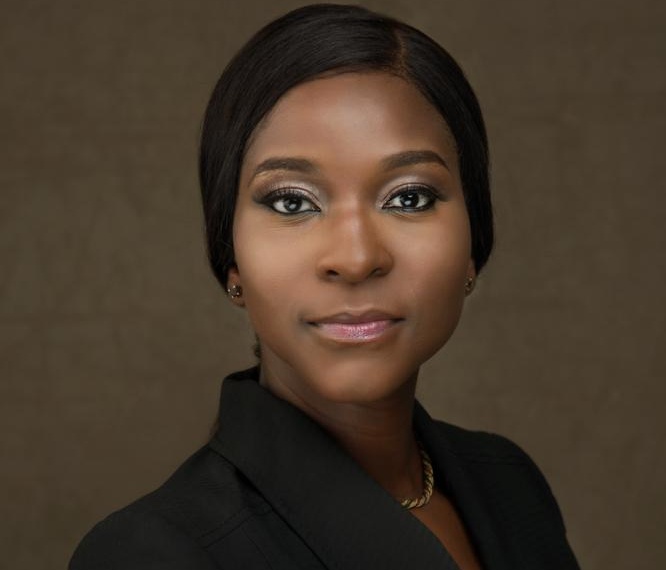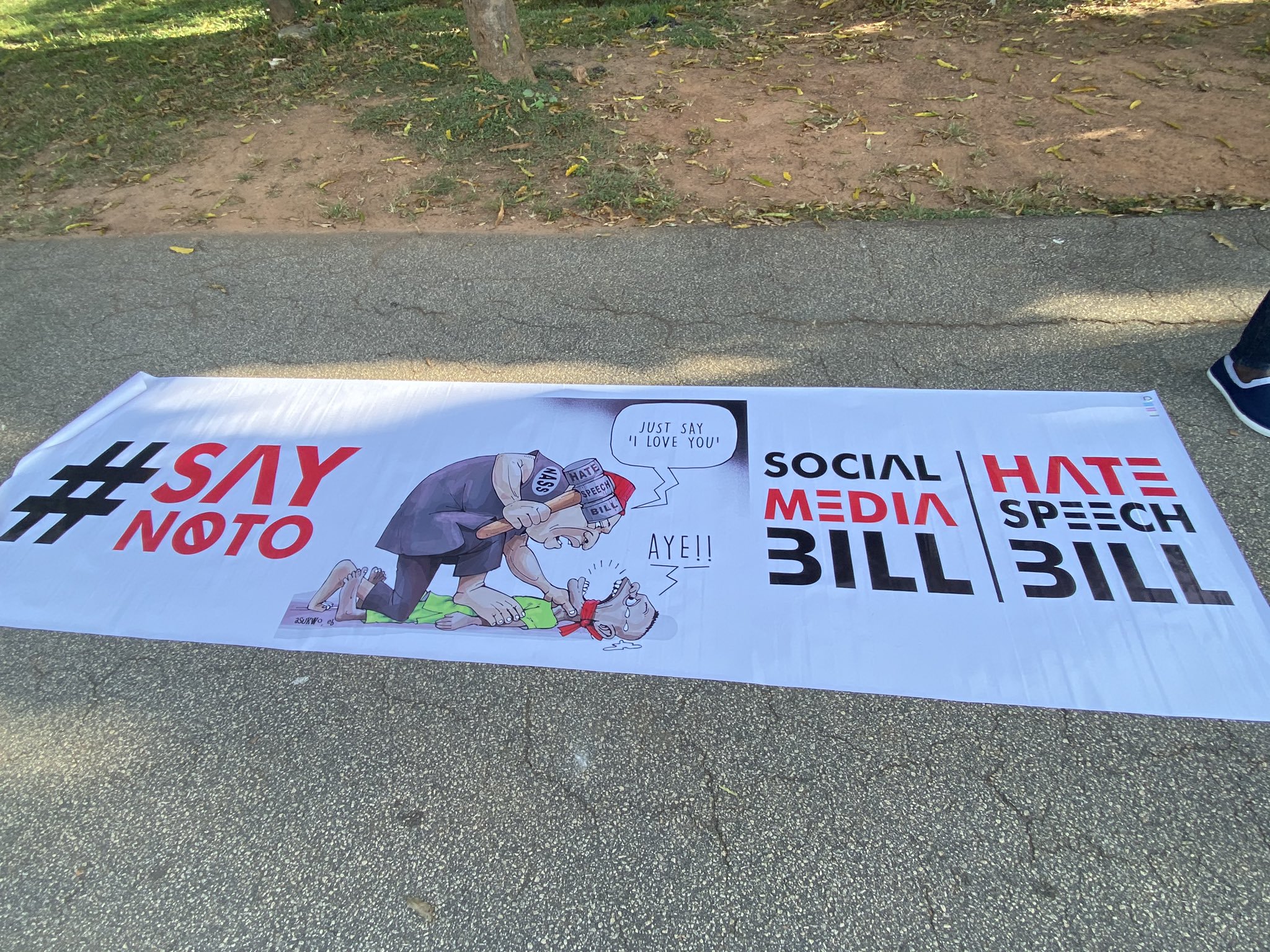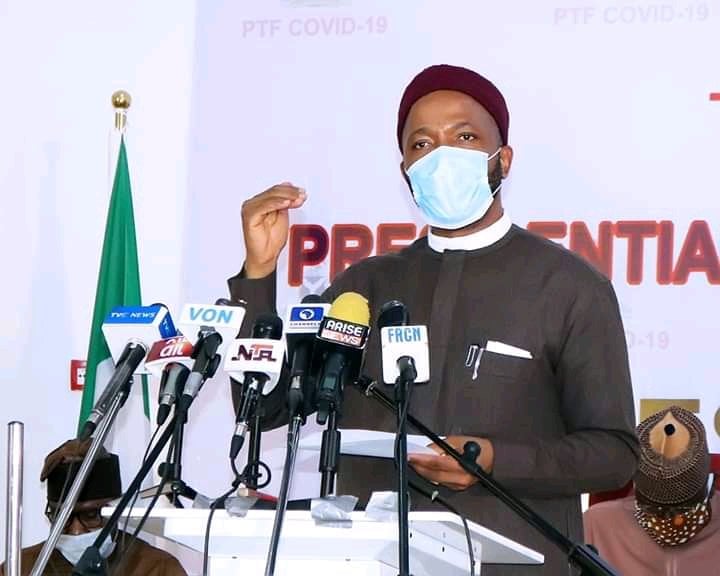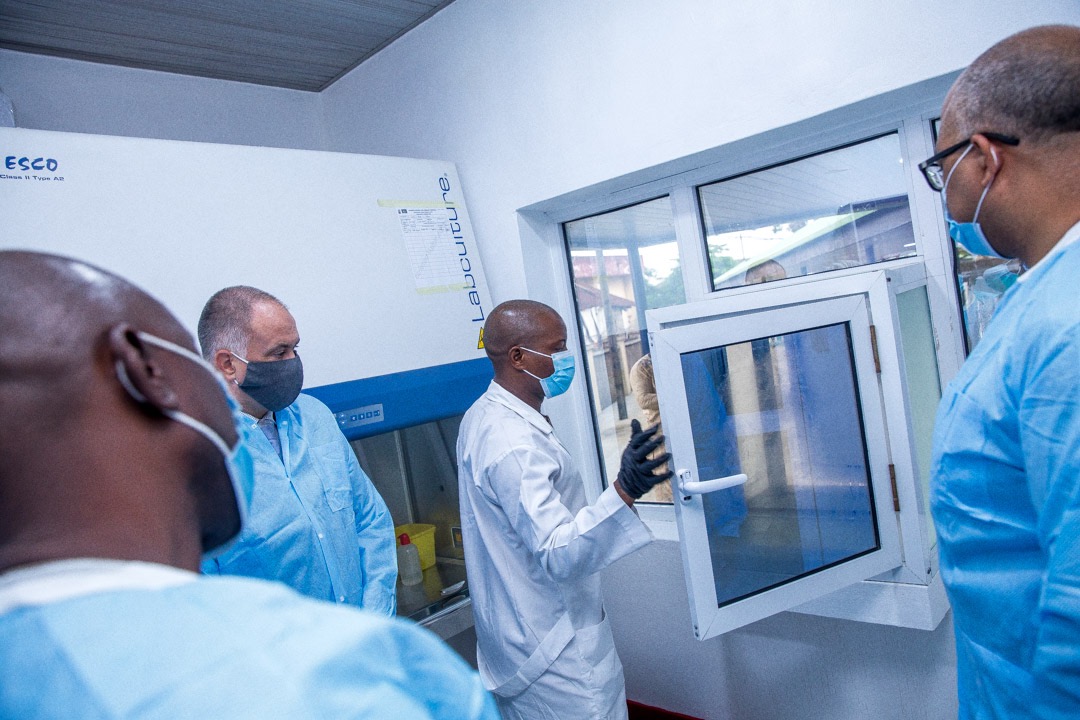Titilola Vivour-Adeniyi, the coordinator of the Lagos State Domestic and Sexual Violence Response Team (DSVRT), says a study by the state government has shown that people do not get raped for how the dress.
Speaking with TheCable via an Instagram live interview on Sunday night, Vivour-Adeniyi said the belief that people get raped because of how they dress is only a myth — which cannot be backed by data.
The DSVRT coordinator said the state conducted a research on the perpetrators of rape, asking what drove their actions — and none of them ascribe the act to what the victim wore.
She said the state conducted a study, alongside the Nigerian Correctional Service, on the cause of rape by getting information from convicted rapists.
Advertisement
She said a majority of them said they were “influenced by pornographic movies and alcohol”, while another set said they were not aware of the gravity of the offense.
“They said they thought they would just get a slap on the wrist,” Vivour-Adeniyi said.
“What I found insightful, confirming what I already knew was that none of them said they were motivated by what their victims wore. It is a myth that people get raped for what they wore. It’s a global myth.”
Advertisement
WE NEED VICTIMS TESTIMONY TO GET JUSTICE
Speaking on the rape culture in Nigeria, Nobel Laureate Wole Soyinka said a few weeks ago that Nigerians had a “menukuro syndrome” — which means “to look the other way or literally means stop talking about it”.
Sharing his frustration on a particular case he was handling in Abeokuta and how the family did not want to get justice, Soyinka said Nigerians should not let cases of rape go but pursue them to justice.
Speaking to the process of getting justice for victims of rape or gender-based violence, Vivour-Adeniyi said the victims must be willing to come forward to help the agency help them get justice.
“Once you have a victim who’s not willing to come forward to testify during domestic violence, it becomes a problem for us as an agency,” she told TheCable.
Advertisement
“It’s a good strategy to secretly report cases of domestic violence, by threatening someone you’ll report them to government jeopardises your safety, do it discreetly.
“Majority of abusers are in denial especially when there’s no evidence against them, only a few owned up and go to therapy session.
Only last week, Mohammed Adamu, inspector-general of police (IGP), said 717 rape cases were recorded within five months in 2020.
The IGP added that while 631 cases have been taken to court, only 52 are under investigation and will soon be concluded, accounting for less than 14 percent of the cases recorded.
Advertisement
Justice for rape patients is still at an abysmally low rate in Nigeria.
Advertisement
1 comments







why we Africans refused to abide by our own values , rape occurs in different ways ,dressing can cause rape , yes we used to hear rape in old days but not to compare with modern rate , the data was in history of Africans , I dont support rape but i hate the politicization of rape by western nations and copied by Africans